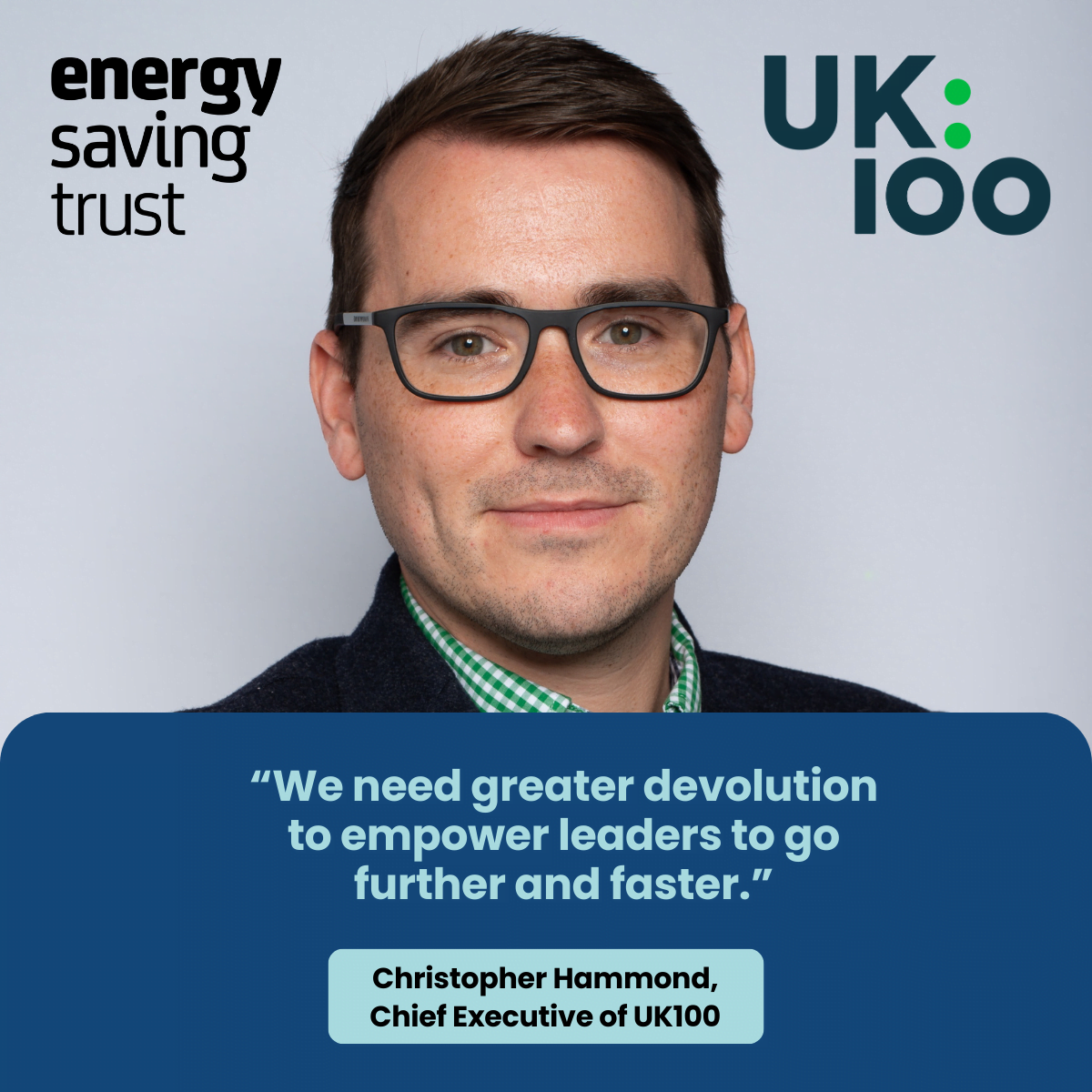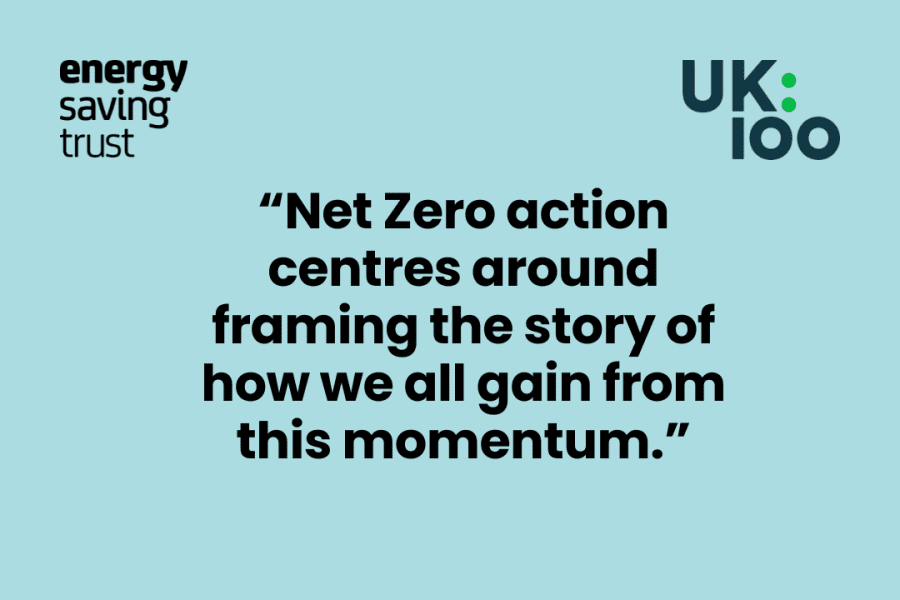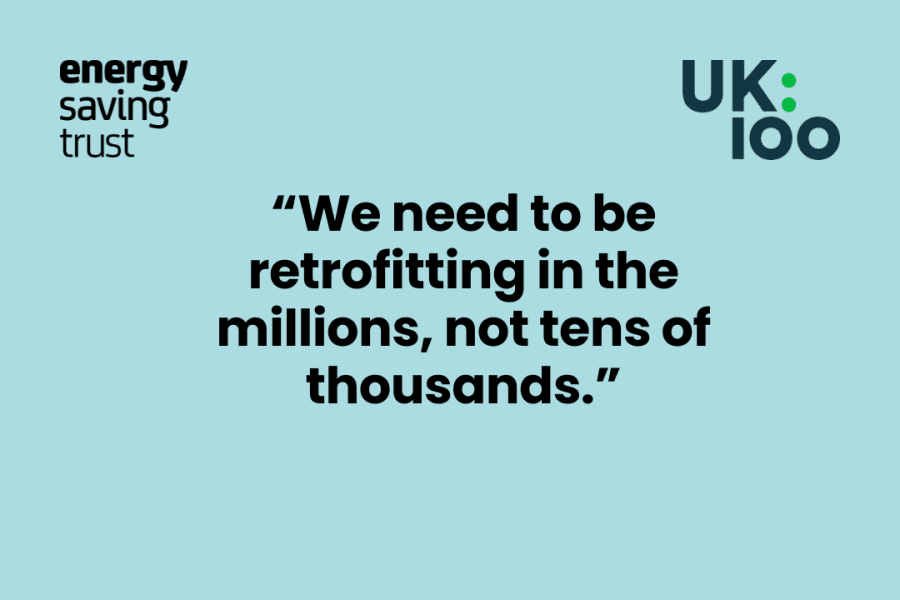We have 110 members, and they are all doing wonderful things in their own way. I think Andy Burnham as mayor of Greater Manchester is really inhabiting that role. We see Manchester being approached as a region, not just a city. That’s compelling to the government.
Then there’s Andy Street, another big metro mayor working towards the opportunities of a new green industrial revolution happening in the West Midlands, building ground-up metropolitan programmes, working with multiple councils to deliver net zero action.
At a district level, Oxford’s Zero Carbon Partnership is impressive. Various employers, such as the NHS, or Mini and BMW are working to deliver cross-skilling using their own capacity and capabilities, as well as bringing in the university.
As leader of Southampton City Council, we involved 80 of the biggest employers in the city to agree to 10 commitments to net zero, our Green City Charter. Southampton University tracked the impact. Clearly, bringing in universities to share resources and knowledge is key to this transition.


